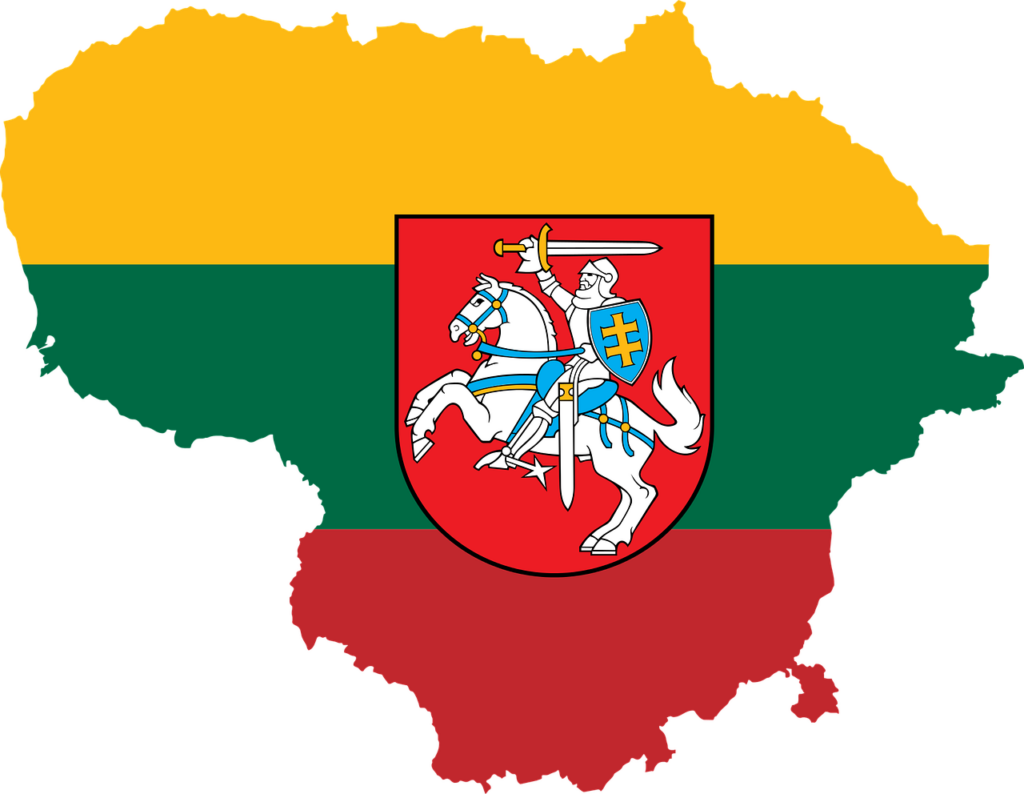As of October 2020, the Government of Lithuania gave the green light by approving the Center of Excellence in Anti-Money Laundering, a unique public-private cooperation project initiated and successfully progressed by Lithuania’s Bank to strengthen the prevention of money laundering and fight against terrorist financing.
With this decision, the Lithuanian government has adopted a high level of thinking in the field of AML in line with both public sector institutions and financial market participants’ efforts. According to Jekaterina Govina, Director of the Bank of Lithuania Audit Service, this decision sends a strong signal to the AML struggle.
.
Money Laundering in Lithuania
By the US State Department’s International Narcotics Control Strategy Report (INCSR), Lithuania has adequate legal protection against money laundering. However, due to its geographical location on the Russian border, it becomes a target for smuggled goods and tax evasion. Value-added-tax (VAT) fraud is one of the largest sources of illegal income in Lithuania. It includes financial crimes such as VAT spending, illegal capital smuggling, cigarette smuggling, and illegal alcohol sales.
Besides, in 2014-2015, Lithuanian money laundering risk assessment was carried out by government bodies such as the Financial Crime Investigation Service and the Bank of Lithuania. However, according to the 2018 FATF assessment, gaps affect the authorities’ current understanding of money laundering vulnerabilities in the country.
.
What are the AML Regulators in Lithuania?
Exchange offices, investment companies, accountants, e-money trading companies, banks, tax advisors, crowdfunding platforms are the main industries in Lithuania that are generally considered high risk. AML regulations apply to these industries. High-risk sectors, if any of these industries do not comply with AML regulations, penal sanctions are imposed.
The institutions responsible for the prevention of money laundering and the fight against terrorist financing in Lithuania are as follows:
- Government of the Republic of Lithuania
- State Security Agency
- Lithuanian Financial Crimes Investigation Service
- Bank of Lithuania, Customs Office
- Ministry of Culture, Lithuanian Chamber of Notaries
- Lithuanian Judicial Chambers, Lithuanian Chamber of Auditors
- Lithuanian Bar Association Lithuanian Analysis Office
In addition, On April 6, 2020, a unique public cooperation project initiated by the Bank of Lithuania, the Center for Excellence-Anti-Money Laundering, was established.
.
What is The Anti-Money Laundering Center of Excellence?
The Center of Excellence Anti-Money Laundering was established by the Ministry of Finance of the Republic of Lithuania, the Bank of Lithuania, and other Lithuanian commercial banks. The center was established to mobilize and strengthen the public and private sectors’ efforts to prevent money laundering and fight terrorist financing (AML / CTF).
The Anti-Money Laundering Center of Excellence will be the Bank of Lithuania, the Ministry of Finance, and some commercial banks operating in Lithuania. The Financial Crimes Investigation Service, the Lithuanian Republic Police Department, the State Tax Inspectorate, and the Attorney General’s Office are also expected to participate in the center’s activities.
.
Aims of The Anti-Money Laundering Center of Excellence
Some specific aims of The Anti-Money Laundering Center of Excellence include:
- Helping the financial market to provide appropriate risk identification and management by sharing information on ML / TF tokens.
- Carry out work to improve the AML / CTF framework in Lithuania. Making evaluations and analyzes.
- Prepare guidelines, recommendations, and legal initiatives for AML / CTF activities.
- Assist private sector organizations in AML / CTF risk assessments.
- To strengthen the competencies of public and private sector personnel in the field of AML / CTF and to organize training, seminars, and conferences in this regard.
- To publish information on the implementation of AML / CTF measures in the country.
.
January 2021, published on Sanctions Scanner






